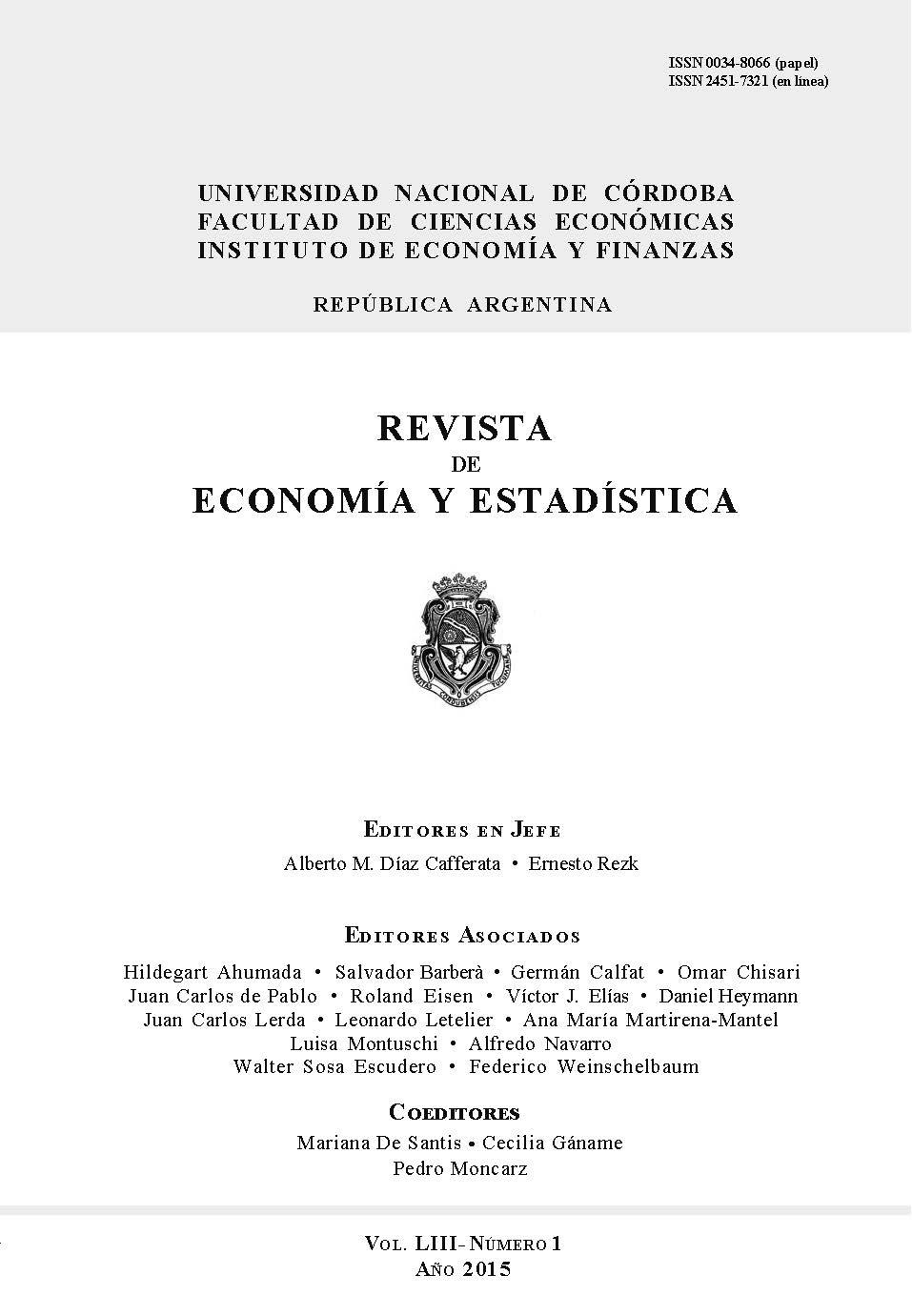Benchmarking in the sanitation sector in Brazil: An application of stochastic frontier panel data
DOI:
https://doi.org/10.55444/2451.7321.2015.v53.n1.16411Keywords:
technical efficiency, distance function, true random effects, water and sanitation, BrazilAbstract
In this study the technical efficiency of operation and maintenance costs of the providers of water and sanitation in Brazil is estimated using data from the National System of Information on Sanitation (SNIS) during 2004 and 2008. An input distance function is estimated by true random effects (TRE). In addition, the change in total factor productivity in the period and its decomposition into different sources is obtained. The results indicate that, in average, operating cost efficiency showed an annual increase of over 2%, controlling for indicators of production, network dispersion and percentages of treated water. The estimated efficiency by TRE has a low correlation with that obtained by the traditional random effects model due to not assigning the heterogeneity to the constant of the model. In regard with TFP variation in the period, a significant reduction attributable to technical change and scale efficiency is observed; consistent with the low coverage rate of the sector.
Downloads
Downloads
Published
How to Cite
Issue
Section
License
Copyright (c) 2015 Mariana De Santis, Damián Halabi

This work is licensed under a Creative Commons Attribution-NonCommercial-NoDerivatives 4.0 International License.
Authors who have publications with this journal agree to the following terms:
Authors retain their copyright and grant the journal the right of first publication of their work, which is simultaneously subject to the Creative Commons Attribution-NonCommercial-NoDerivatives 4.0 International License that allows third parties to share the work provided that its author and first publication in this journal are indicated.
Authors may adopt other non-exclusive licensing arrangements for distribution of the published version of the work (e.g. depositing it in an institutional telematic archive or publishing it in a monographic volume) as long as the initial publication in this journal is indicated.
Authors are allowed and encouraged to disseminate their work via the Internet (e.g. in institutional telematic archives or on their website) before and during the submission process, which can lead to interesting exchanges and increase citations of the published work. (See The Open Access Effect)









